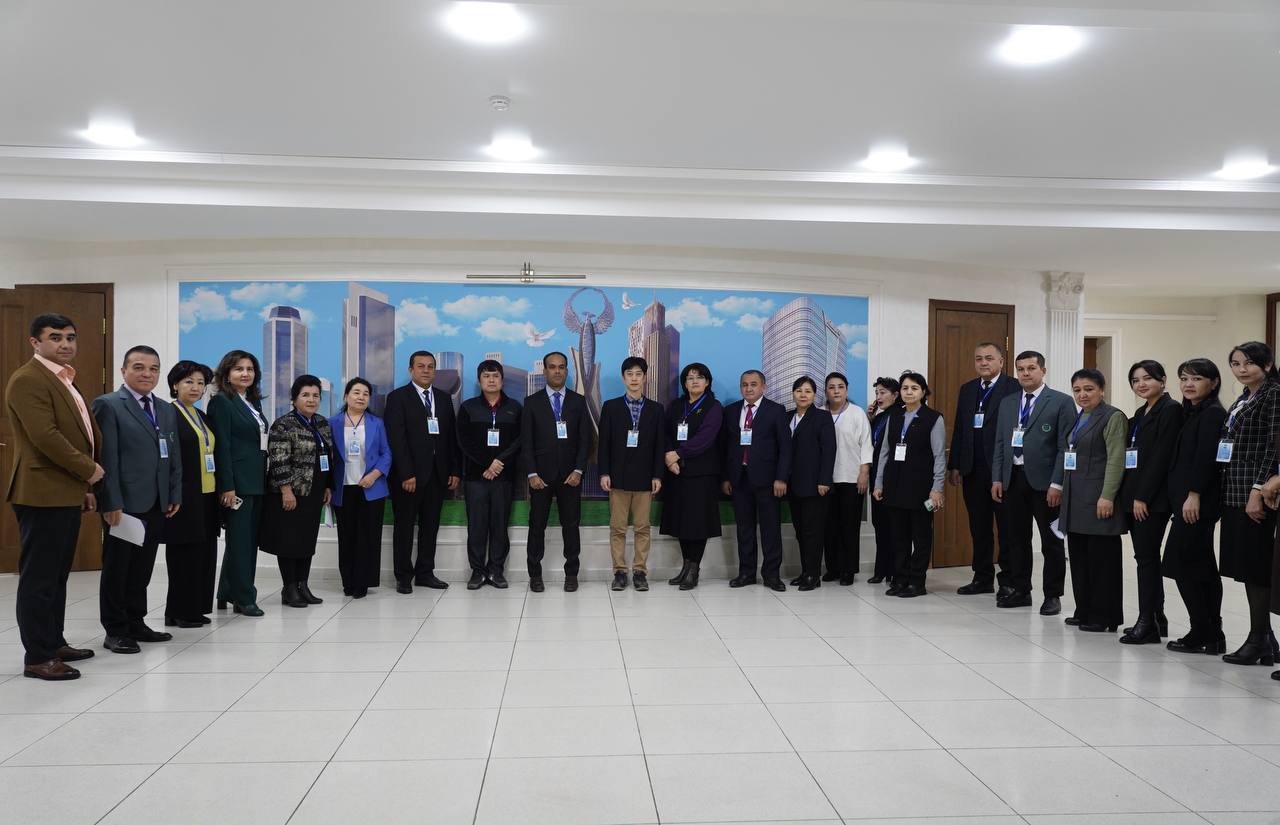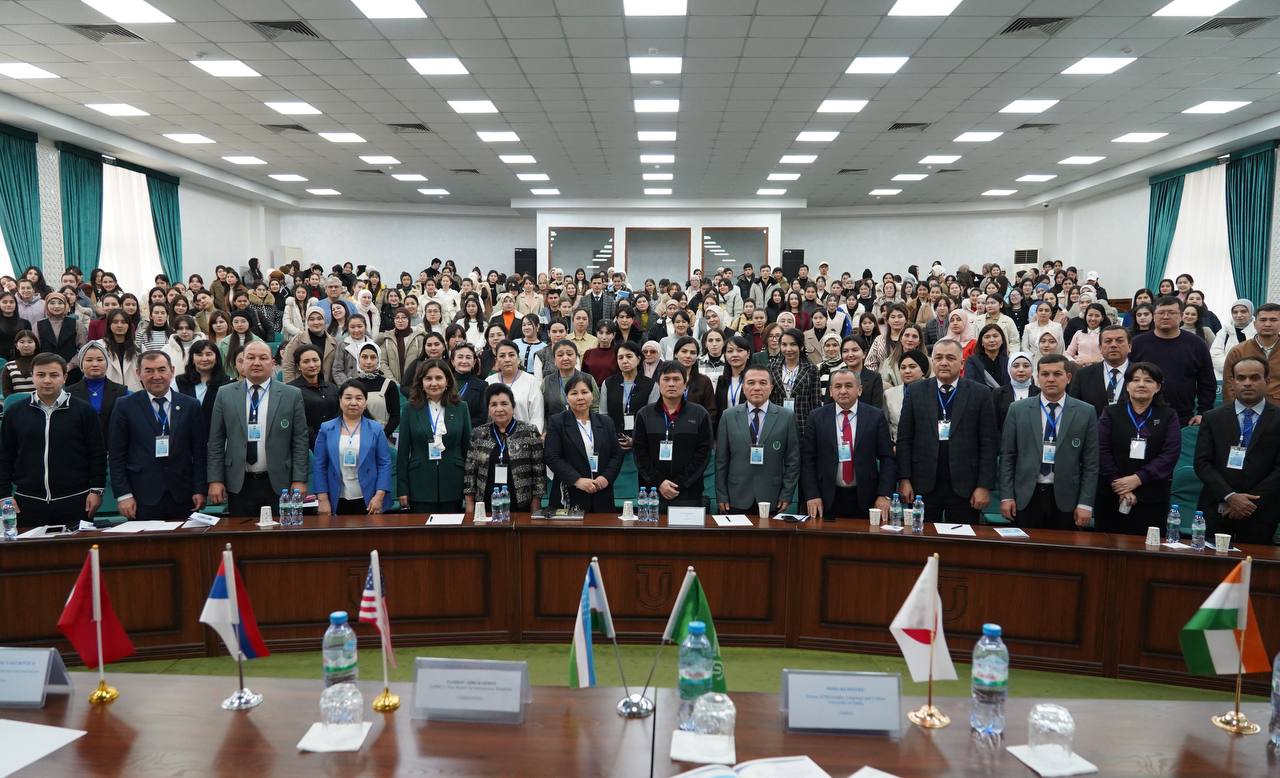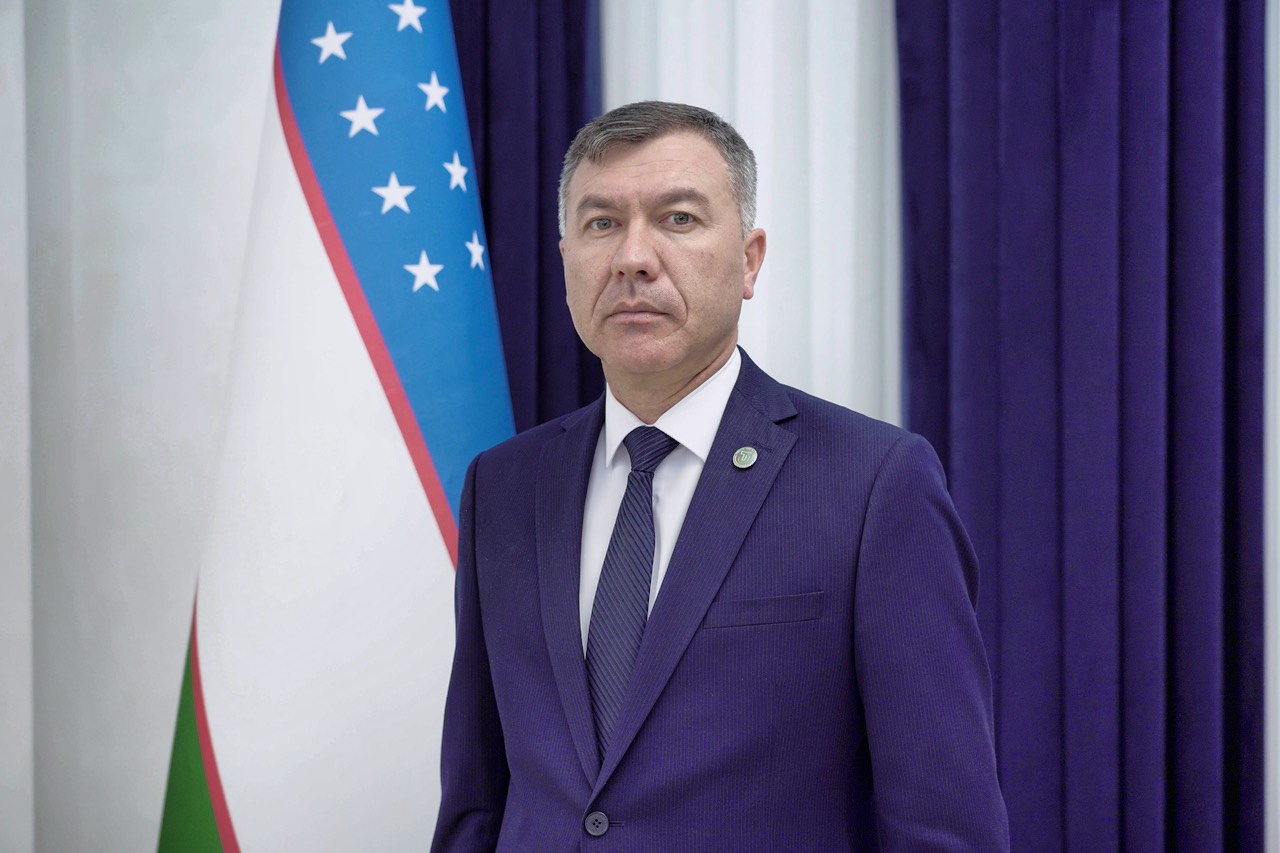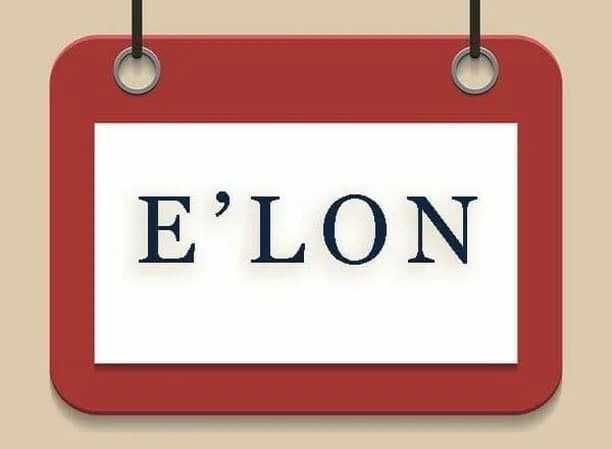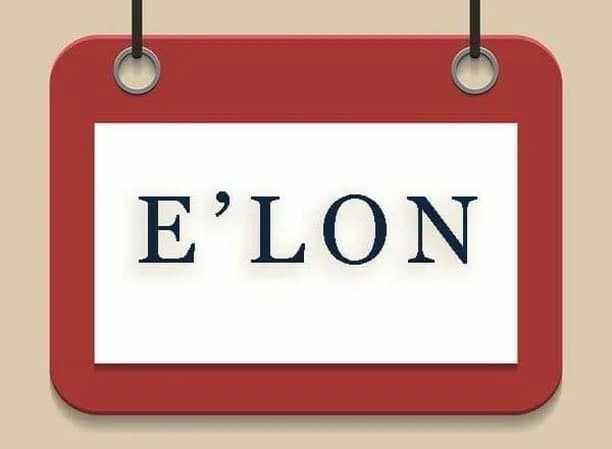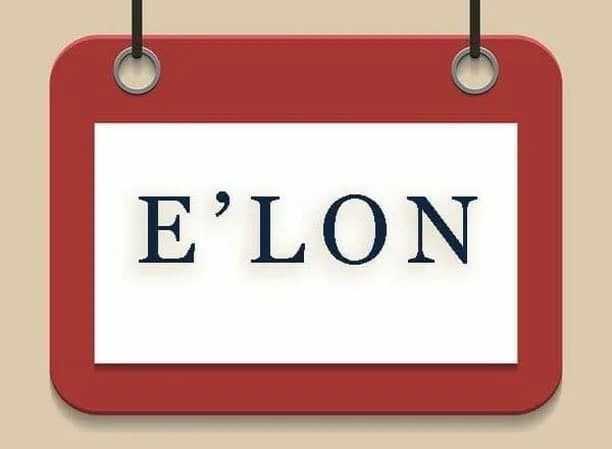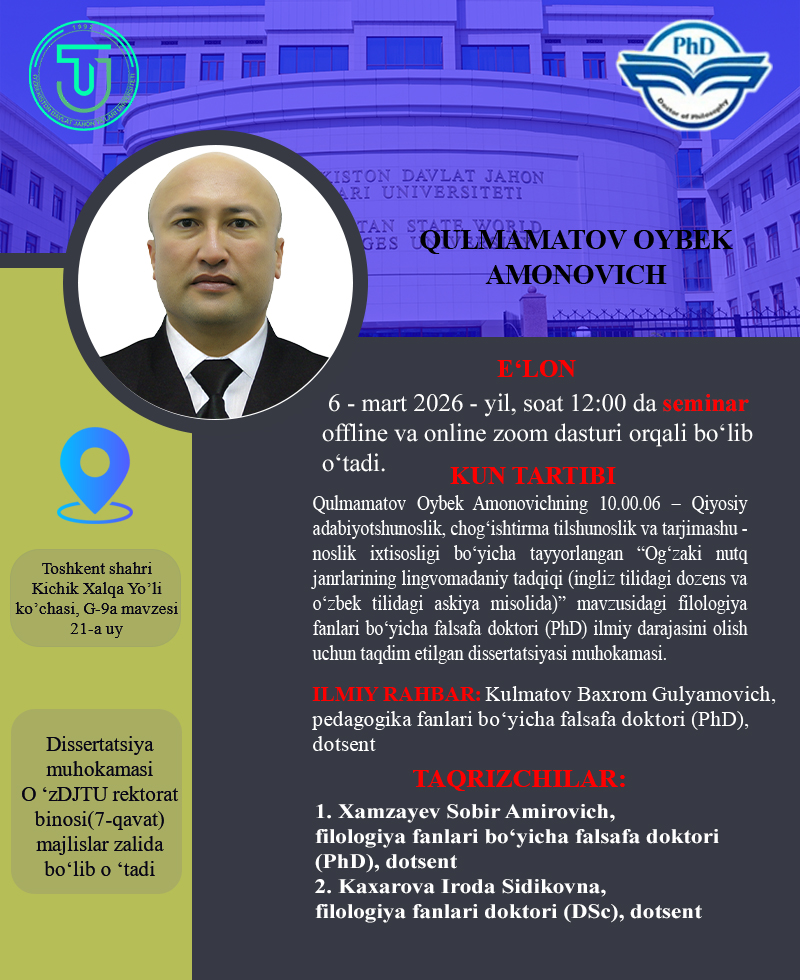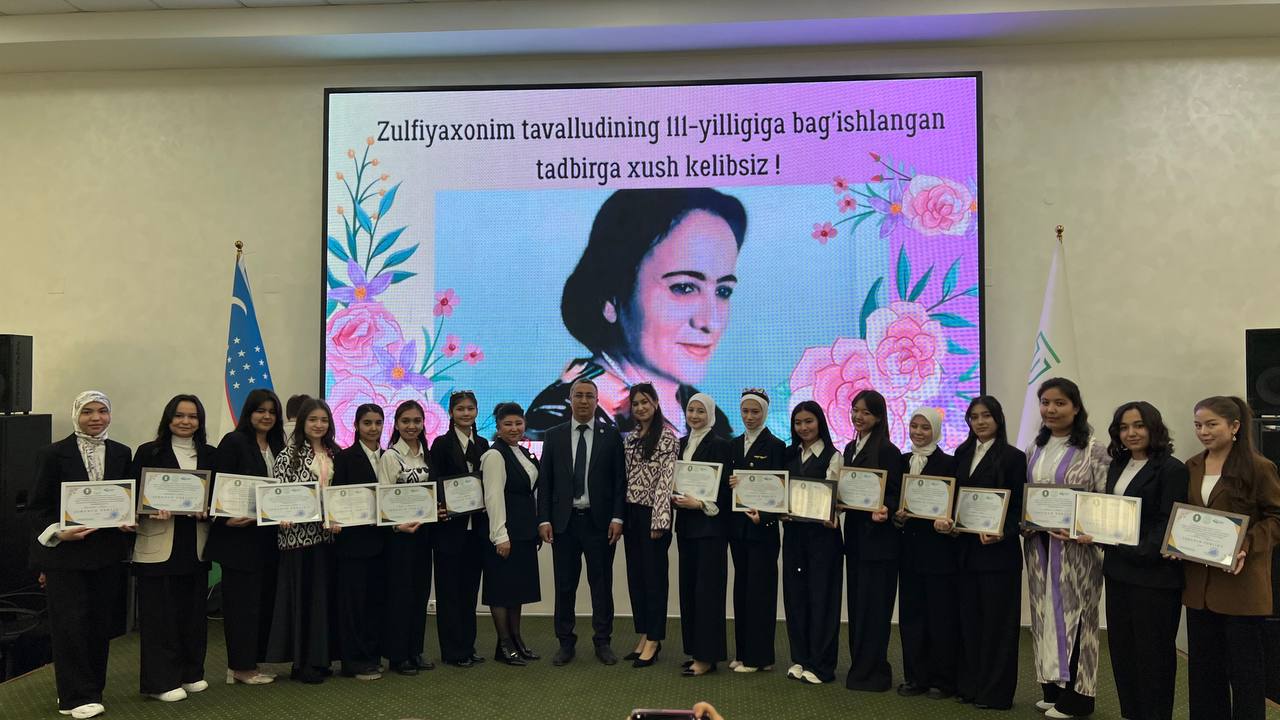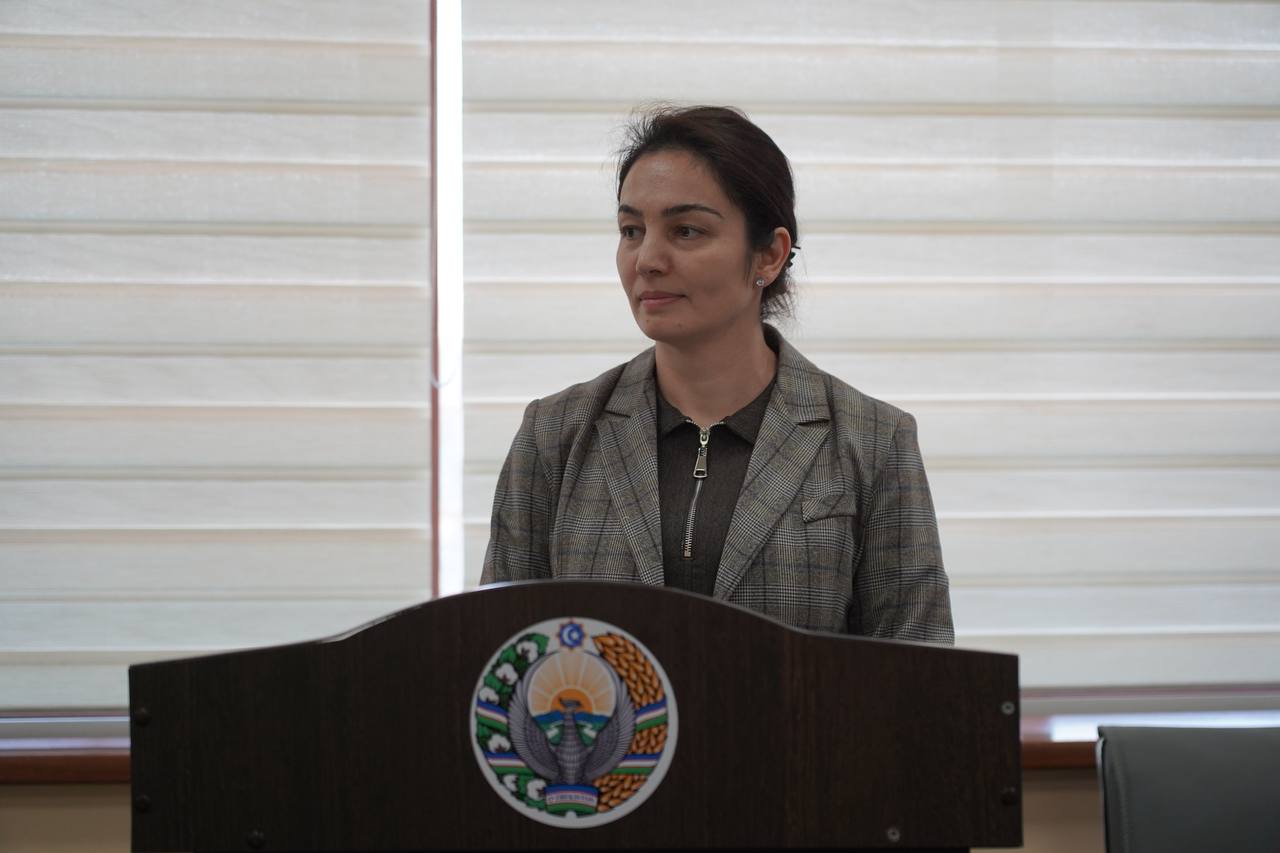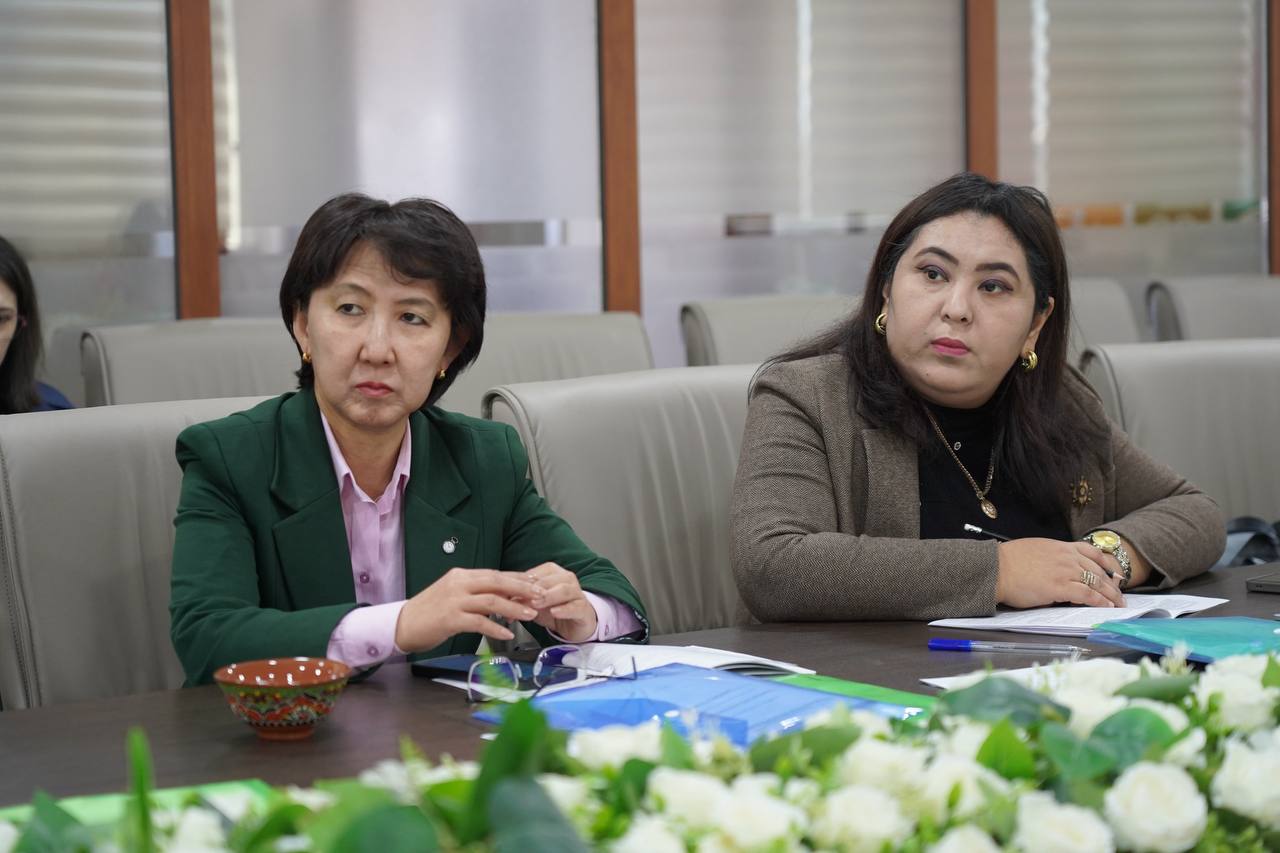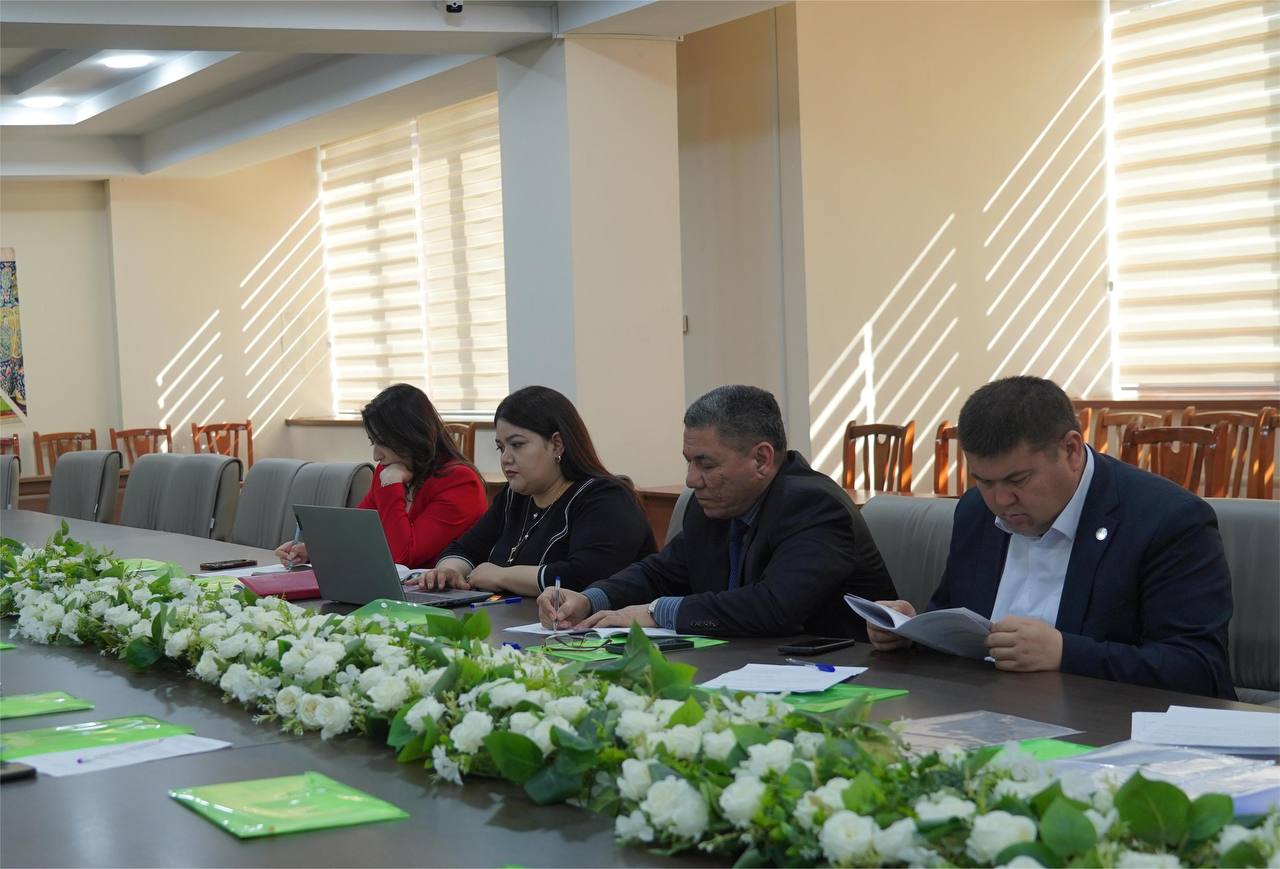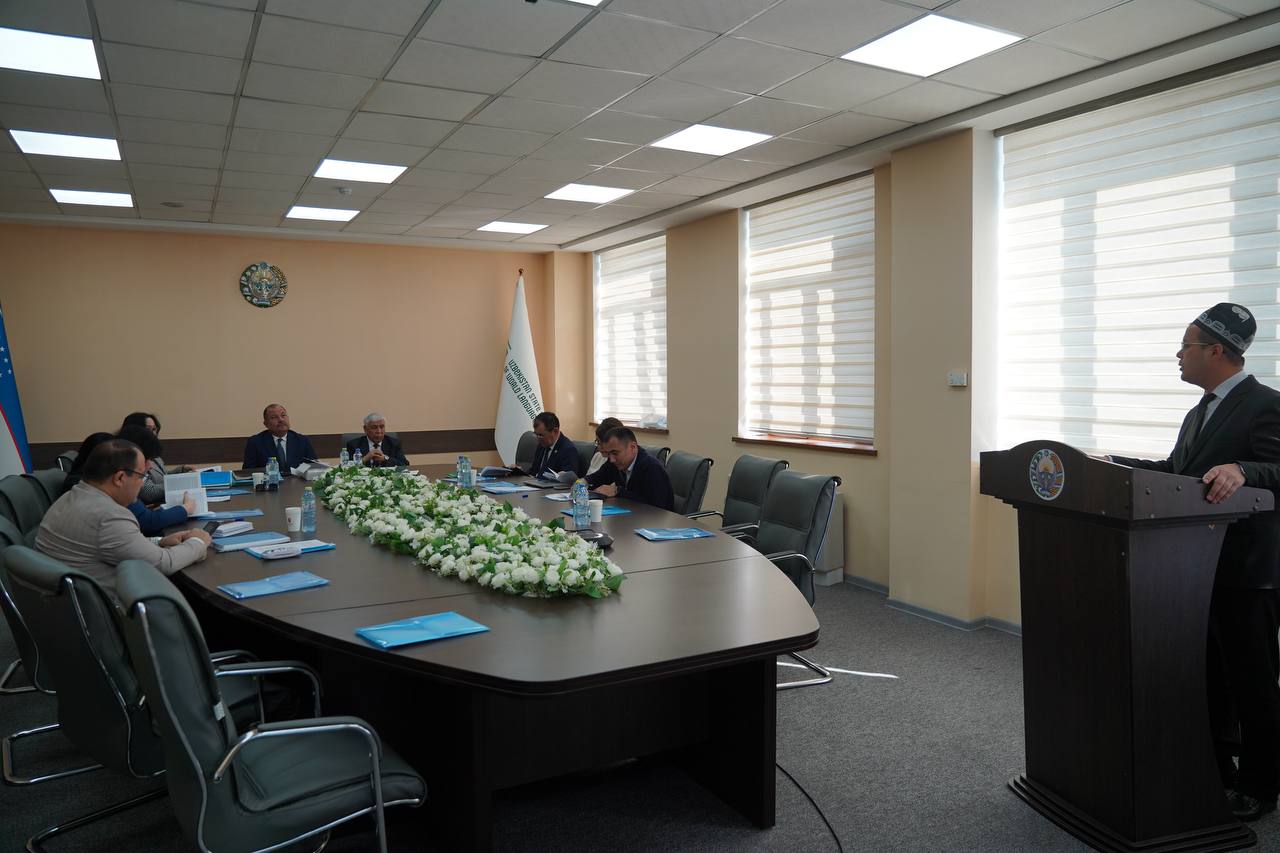An international seminar on the topic "Professional Education and Education in a Modern Multicultural Environment" was held at the Uzbekistan State University of World Languages.
The seminar was organized in collaboration with prestigious institutions such as Indiana University (USA), Dokkyo and Osaka Universities (Japan), Beijing Foreign Studies University (China), L. Bocconi Commercial University and Milan State University (Italy), Ankara, Istanbul, and Gazi Universities (Turkey), Calicut University (India), Russian State University for the Humanities, Moscow State University named after M.V. Lomonosov, Moscow State Linguistic University, Povolzhsky State University of Physical Education, Sport, and Tourism, Kazan Federal University, Al-Farabi Kazakh National University (Kazakhstan), Mukhtar Auezov South Kazakhstan University, and other renowned universities.
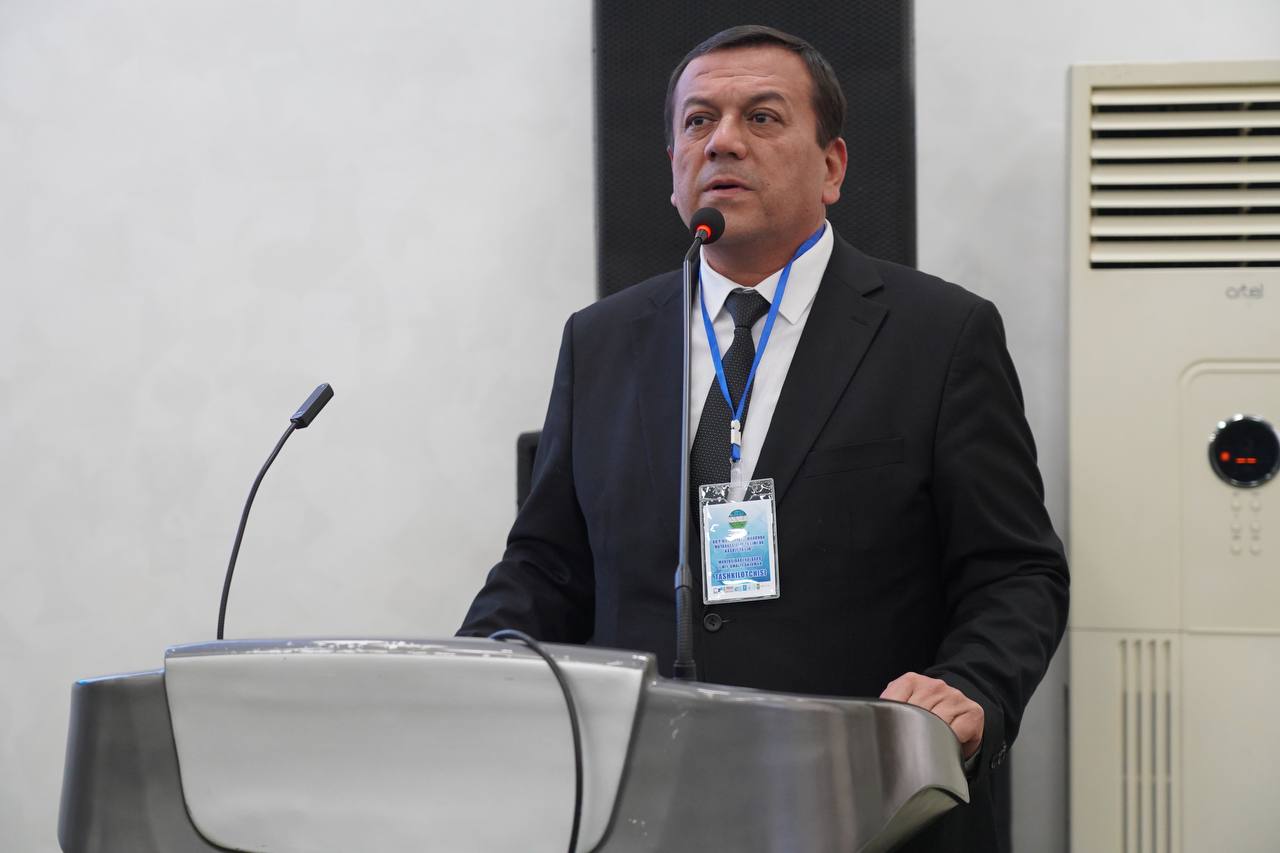
At the opening of the seminar, the Vice-Rector for International Relations Abdurahim Nosirov, Head of the Department of Linguistics and Professional Communications at the Chelyabinsk branch of the Russian Academy of National Economy and Public Administration under the President of the Russian Federation, Victoria Borisovna Sharonova, and the Vice-Rector for Science and Innovation at the Uzbekistan State University of World Languages, Doctor of Philosophy in Philological Sciences, Otabek Yakubovich Yusupov, gave opening speeches.
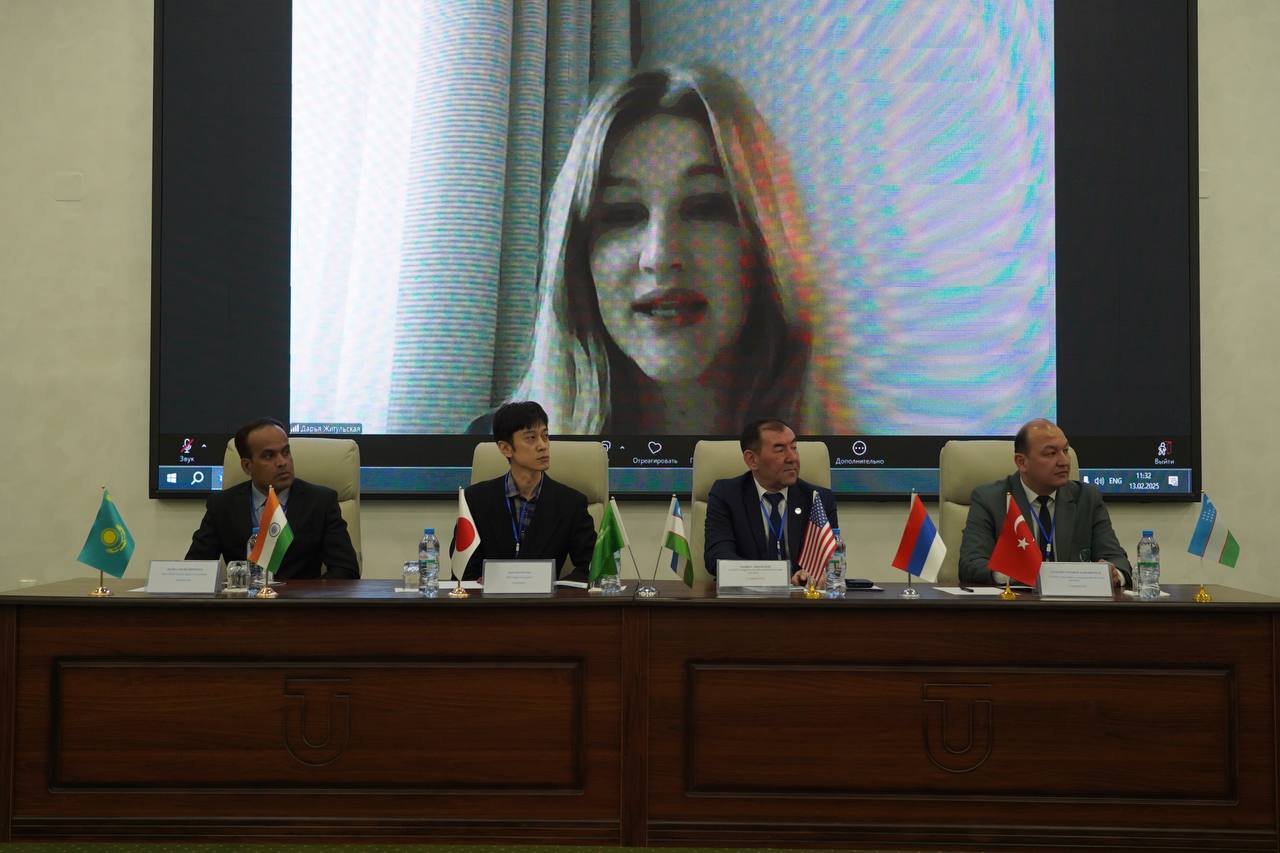
The main topics of the seminar included:
• Modern methods and technologies for preparing and retraining specialists.
• Digital education and current issues in education.
• Modern linguistics in a multicultural environment.
• Modern trends in language, culture, and literature.
• Intercultural communication and its modern significance.
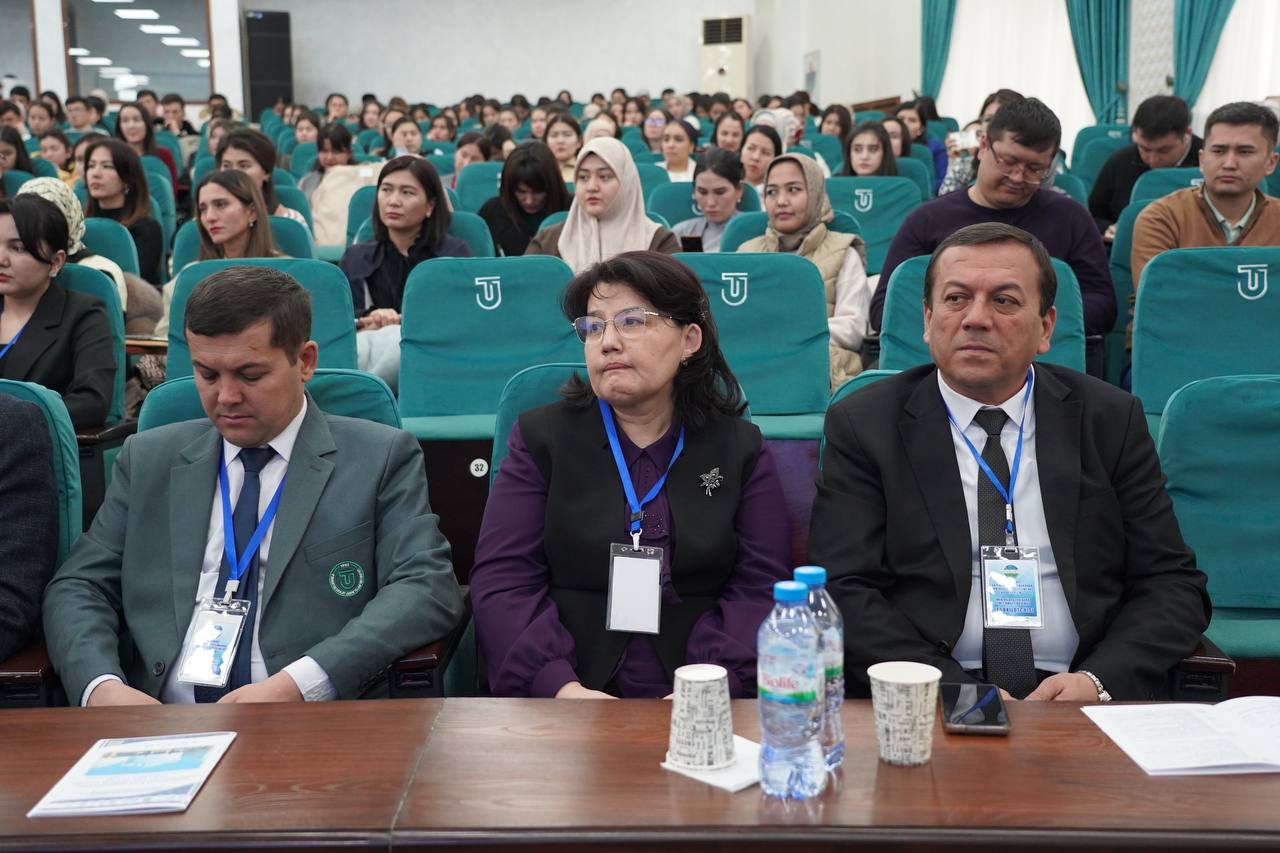
The seminar continued in four sections:
I Section: Current Issues in Linguistics
II Section: Intercultural Communication as a Constructive Process
III Section: Language, Culture, Literature: Modern Trends and Issues
IV Section: Intercultural Communication as a Constructive Process
This international seminar became an important platform for exchanging scientific and practical ideas, discussing innovative approaches, and exploring new scientific research. Participants analyzed current issues and familiarized themselves with advanced methods in the educational process.
